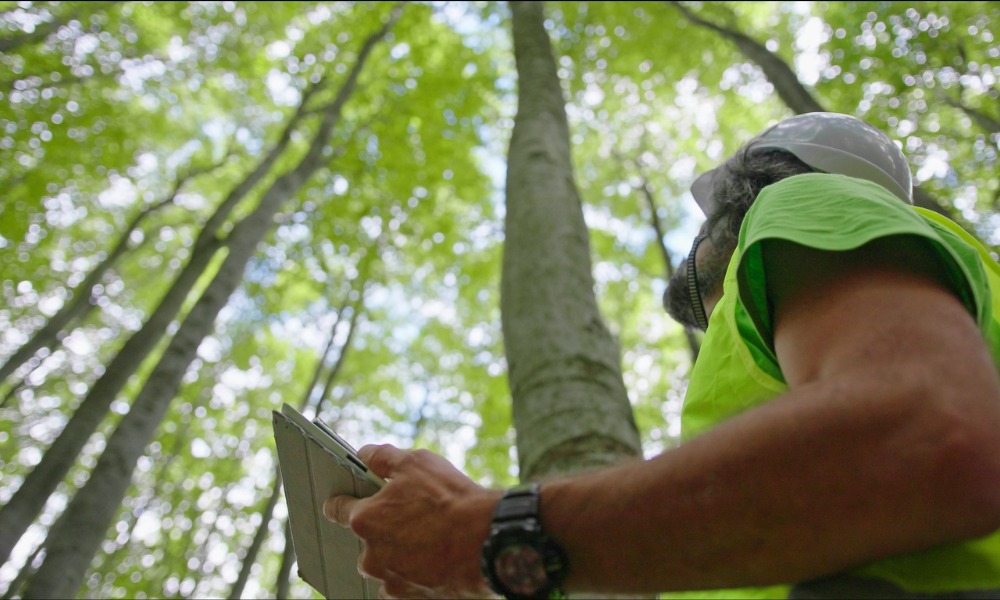
Training initiatives will increase Indigenous workforce in the forestry sector

Saskatchewan is taking another step forward on its growth plan goal of increasing Indigenous participation in the natural resource industry.
The provincial government is investing $505,000 for the Saskatchewan Indian Institute of Technologies (SIIT) to deliver two training initiatives to address workforce needs and grow the Indigenous workforce in the forestry sector.
"Our government is continuously identifying labour market and economic development opportunities in northern Saskatchewan to ensure everyone in the North benefits from Saskatchewan's growing natural resource sector," said Jeremy Harrison, minister of immigration and career training.
"This investment will help fill the thousands of jobs our forestry sector is creating in northern Saskatchewan. Partnerships like this are an essential component of the province's labour market strategy, ensuring Saskatchewan people have access to the skills and training needed to fill the jobs our economy is creating."
Recently, experts criticized governments for investing a ton of money to create a limited number of jobs. Ottawa announced it would invest over $1.7 million in Italpasta Limited – based in Brampton, Ont.– to enhance the production of its made-in-Canada pasta products. The investment in the family-owned and operated will create 10 jobs.
Also, late in April, the federal government announced that it, along with Honda, will be building a new electric vehicle battery plant in Ontario, next to the existing Alliston assembly plant. The $15-billion project is expected to create 1,000 new jobs in addition to the 4,200 already existing at the plant, which will be retooled.
With Saskatchewan’s investment, SIIT’s Forestry Log Haul Step Program will support up to 20 individuals in gaining the 980 hours of experience required to become a fully licensed long-haul driver. SIIT will assist new drivers in finding employment opportunities and establishing connections with employers in the forestry sector.
"SIIT is committed to supporting First Nation's continued growth in the natural resource sector," said Lisa Shingoose, SIIT vice-president of employment development and career services. "No group has more experience with responsible stewardship of the land nor a more vested interest in its sustainability. SIIT is very thankful for this investment and the training it will support."
The funding will also support the purchase of two Simlog Simulators for SIIT's mobile job connection program, which helps job seekers in First Nation and northern communities gain virtual work-site training, and learn safety-conscious operating habits for heavy equipment.
"This investment will help bridge existing skill gaps and cultivate a more diverse and inclusive workforce," said Robert Follett, Mistik Management general manager. "We're excited to see the positive impact it will have on our province, and especially in our community."
In February at the GLOBE Forum held in Vancouver, Ottawa highlighted its commitments to creating sustainable, high-quality jobs for youth.